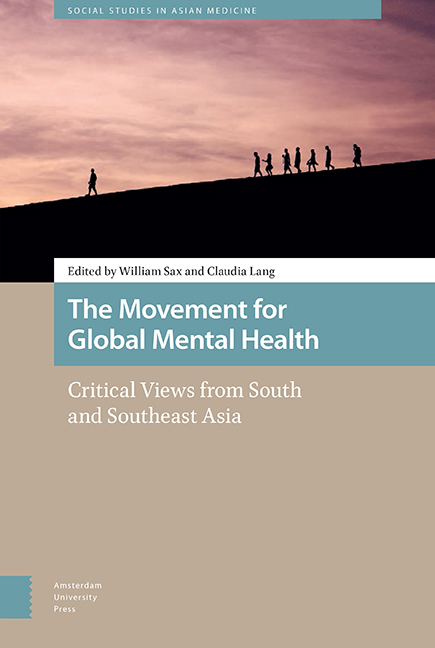3 - Schizoid Balinese?: Anthropology’s Double Bind: Radical Alterity and Its Consequences for Schizophrenia
Published online by Cambridge University Press: 27 May 2021
Summary
Abstract
This contribution explores “schizophrenia” as a contested Western discourse fluctuating between biomedical naturalism and anti-psychiatric cultural relativism. Although the latter was seen as an epistemic counterweight to, and critique of, a modern Western paradigm of normality, I argue that this alternative is couched in a Eurocentric ideology about radical alterity that ignores local interpretations along with practices of social reintegration. I will elucidate this in view of Mead's and Bateson's interpretation of the allegedly “schizoid” Balinese and its entanglement with the anti-psychiatric movement, which I will contrast with my fieldwork in Bali that illustrates how deviant behaviour and dissociation are integrated in social life via local interpretations and ritual practices.
Keywords: history of psychiatry, schizophrenia, Bali, anthropology, radical Alterity
This contribution analyses “schizophrenia” as a contested Western discourse fluctuating between a modern, naturalist or biomedical position, on the one hand, and psychosocial, anti-psychiatric and culturally relativist interpretations on the other. But while the latter were seen as epistemic alternatives to modern Western paradigms of normality and politics, I argue that this very “alternative” is part of a Eurocentric discourse opposing biomedical to psychosocial explanations of radical alterity. In either case, other interpretations of alterity and dissociation, along with practices of social reintegration, are ignored. I will elucidate this argument by a close reading of Mead's and Bateson's ethnographic research and interpretation of the exotic – and allegedly “schizoid” – Balinese and its ambiguous entanglements with both early schizophrenia research and anti-psychiatric theories. In contrast, I conclude with an ethnographic case study from Bali illustrating how deviant behaviour and dissociation can be integrated into social life via local interpretations and ritual practices.
Preliminary Thoughts on Schizophrenia and the Movement for Global Mental Health
A diagnosis of schizophrenia refers to a severe mental and behavioural disorder regarded by modern psychiatry as a universal disease affecting people in societies all around the world and therefore assumed to be a natural kind with physiological and genetic causes even though its exact aetiology remains unclear (Walker et al. 2004). This epistemic assumption also informs the medical treatment of schizophrenia with antipsychotic drugs, which are regarded, not as a cure but as an efficient treatment and prevention of psychotic episodes that helps some (but not all) patients to lead a normal life (de Mari et al. 2009).
- Type
- Chapter
- Information
- The Movement for Global Mental HealthCritical Views from South and Southeast Asia, pp. 65 - 100Publisher: Amsterdam University PressPrint publication year: 2021

